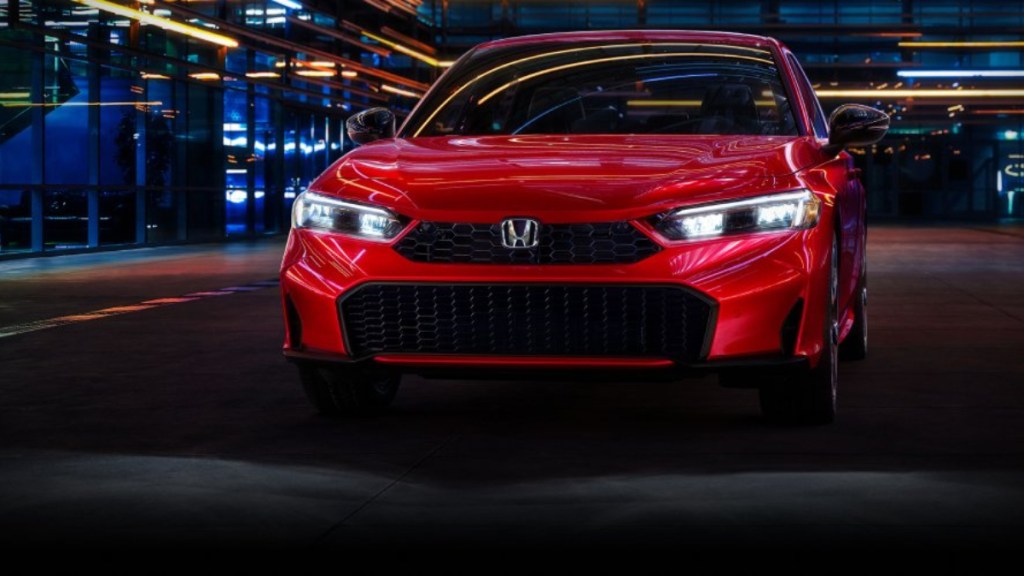Donald Trump’s strict policy has started showing its effects. In a recent development, it has come to light that Honda will start procuring batteries for its hybrid vehicles from Toyota’s US-based factories in order to bypass the strict tariffs imposed by the Trump administration. These batteries will be used for Honda’s hybrid vehicles sold in the USA.
According to Reuters, from the coming fiscal year, Honda will take in Toyota’s US-made batteries for about 400,000 vehicles, which will be enough for all of its hybrid cars it sells in the country. Honda is yet to officially announce this development. The report does not disclose where Honda is sourcing its parts for mass production.
As of now, Honda sources its batteries for its cars manufactured and assembled in the USA from Japan and China. However, the Japanese auto giant is bracing for potential tariffs under Trump. The move to source batteries in the U.S. would mark Honda’s latest step to shield itself from a possible tariff war.
A couple of weeks ago, Honda decided to produce its next-generation Civic hybrid in the U.S. state of Indiana, instead of Mexico, to avoid potential tariffs. The Civic is one of the top-selling models from Honda in the USA. Honda is one of the strongest proponents in the hybrid vehicle market globally, with the e:HEV technology available in models like City, Civic, Jazz, HR-V, ZR-V, and CR-V.
Trump cracks down on imports
Earlier this month, an additional 10% tariff on imports from China went into effect, following a similar 10% increase in February. With further hikes anticipated—including a 25% tariff on vehicles imported from Japan—automakers are streamlining their supply chains. The jump from the current 2.5% tariff to 25% on Japanese vehicles is projected to cost the six largest Japanese automakers around $20 billion in the U.S.
Meanwhile, tariffs on imports from Mexico and Canada could cost Honda approximately $4.7 billion. To mitigate risks, Honda is collaborating with Toyota to utilize its hybrid batteries, aligning with Japan’s broader strategy to reduce reliance on China and other nations for batteries and emerging technologies.
With inputs from Reuters
